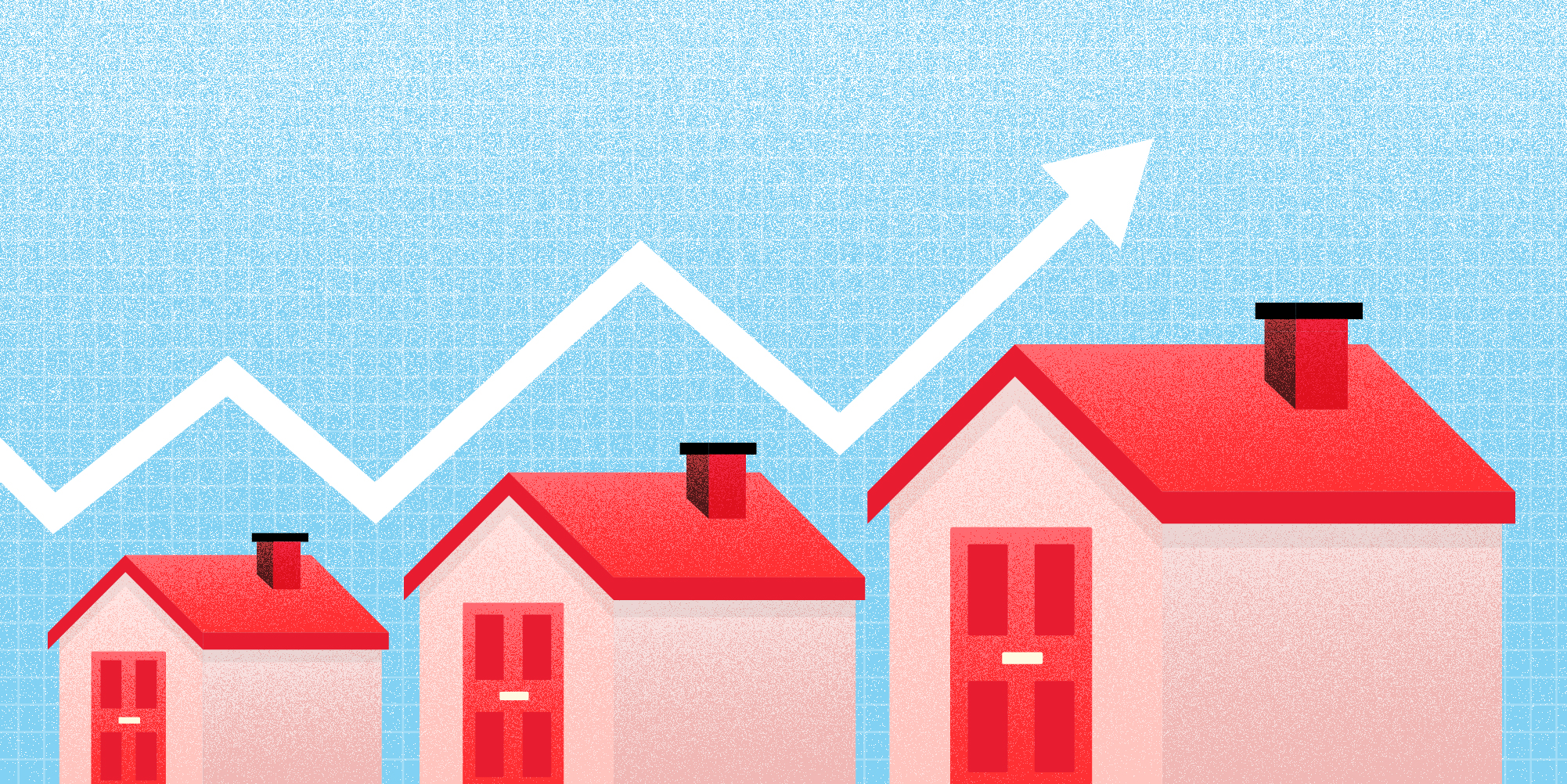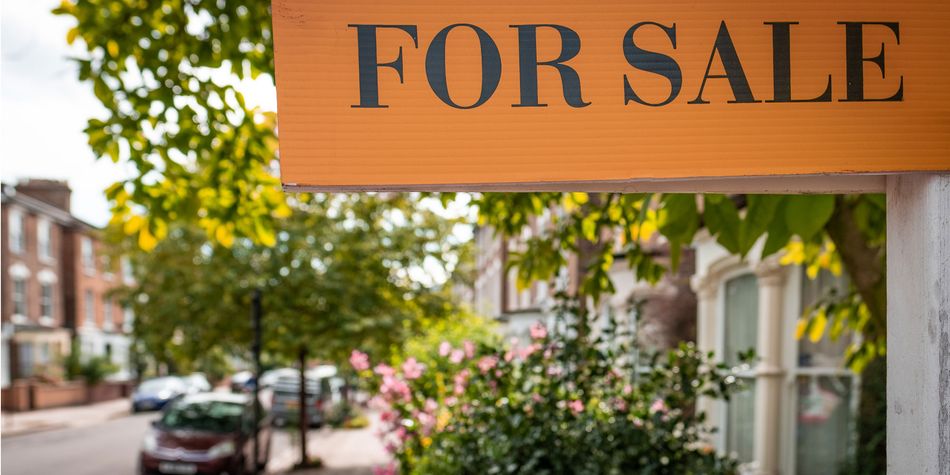Year-on-year, house prices continue to climb, and the average month-on-month price also increased slightly for the first time in three months.
The latest data from the Land Registry shows an annual rise of 2.5% in the 12 months to November, with the average UK house price now standing at £271,188.
Average UK house prices increased by 0.3% between October and November, compared with a fall of 0.3% in the same period 12 months ago.
Here, Which? analyses what's happening to house prices according to other indices, including Halifax, Nationwide, Rightmove and Zoopla, explores regional differences, and explains what might come next for property prices in 2026.
How have house prices changed?
The Land Registry's UK House Price Index is the most reliable barometer of what's happening to house prices, as it's based on actual property sales rather than asking prices. It works on a two-month lag, so the most recent figures are for November 2025.
The Land Registry says the average price of a property in the UK increased by 2.5% between November 2024 and 2025.
There is a gap of £104,043 between the average price paid by first-time buyers and those who are already on the housing ladder in Great Britain (data isn't available for Northern Ireland):
- First-time buyer £229,145
- Home mover £333,188
Average house prices over time
- Find out more: best mortgage rates. Check how rates compare for first-time buyers, home movers and those looking to remortgage
How do other house price indices compare?
In addition to Land Registry data, several other property price indices provide insight into current house prices.
The portal Rightmove provides the most up-to-date figures, but they're based on asking prices set by sellers rather than confirmed sales. Zoopla's figures are based on sold prices, mortgage valuations and recently agreed sales.
Nationwide and Halifax also publish their own monthly data, based on mortgage lending.
House price changes by region in November 2025
Land Registry data shows it was a mixed bag for average price increases and falls in November, across the UK.
Prices in Wales, the East Midlands, East of England and the South East all fell month-on-month, while in the North East, North West, West Midlands, South West, Yorkshire and Humber, and Scotland, average house prices increased.
House prices in the North East are rising the fastest. Annually, prices are increasing by 6.8% and between October and November, prices jumped up by 1.8%.
London is the only region where the average house price is falling year-on-year.
Source: UK House Price Index, 21 January 2026. Monthly data isn't available for Northern Ireland; figures are released each quarter. Average prices are rounded to the nearest thousand.
How many homes are being sold?
Housing transactions spiked in March 2025 as buyers rushed to complete before changes to stamp duty were introduced.
The most recent data from HMRC shows that an estimated 100,440 transactions took place in December 2025, up 7% from the figure in 2024.
The graph below illustrates the fluctuations in numbers over the past three years.
How long does it take to sell a property?
This depends on lots of factors, but broadly speaking, properties have been taking longer to sell due to a high number of homes for sale compared to the number of buyers.
Rightmove says that sellers are currently taking an average of 76 days to secure a buyer.
What will happen to house prices in 2026?
There's a consensus among experts that house prices will rise this year:
- Rightmove and Savills forecast a rise of 2%.
- Nationwide predicts that they could increase by between 2% and 4%.
- While Halifax believes that 'with market activity steady and expectations of further interest rate reductions to come, we anticipate property prices will continue to grow gradually into 2026.
- Zoopla estimates that the average UK house prices will rise by 1.5% in 2026, with an annual average increase of 2.1% a year between 2027 and 2029.
Is it possible to get a good mortgage deal?
Mortgage rates continue to fall. The average two-year fixed-rate mortgage was priced at 4.78% on 21January 2026 compared with 5.52% on 1 February 2025.
Experts forecast that mortgage rates will fall further over the next 12 months, with the Bank of England likely to continue to reduce its base rate.
For the latest information, see our guide on the best mortgage rates, which is updated daily.
If you're approaching the end of your fixed term, our guide on what to do if you need to remortgage offers advice on your options.
Finally, if you're struggling to make your current repayments, see our guide on what to do if you can't pay your mortgage.
This story is regularly updated with the latest house price index figures and expert views. The last update was on 6 February to include the latest Halifax house price index data.







